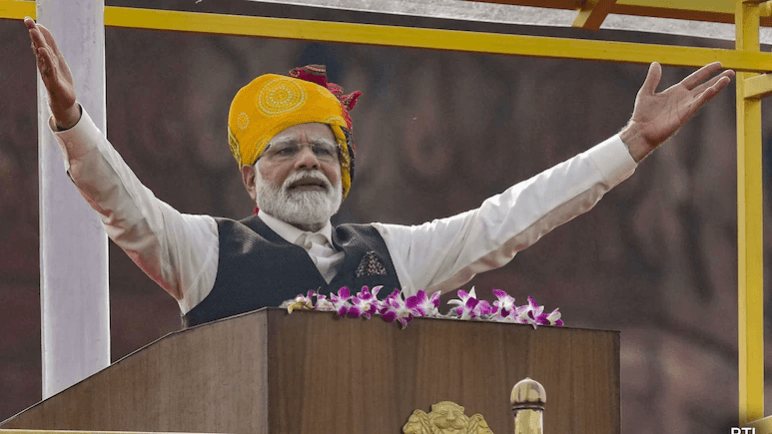
The IndiaSkills Competition (ISC) 2025 is poised to become a pivotal event in the landscape of vocational training and skill development in India. As the registration process commences, the Ministry of Skill Development and Entrepreneurship (MSDE) has opened the gateway for aspiring participants to demonstrate their talents on a national platform. This biennial competition, recognized as the country's premier stage for celebrating vocational excellence, aims to identify, nurture, and reward India's most talented youth.
The ultimate objective is to prepare them to represent the nation on international platforms, such as the WorldSkills Competition (WSC) 2026, the largest global skills competition for young professionals.
The ISC 2025 will feature 63 skills, with participants from all 36 states and Union Territories (UTs) vying for top honors. Registrations can be completed online via the Skill India Digital Hub (SIDH) portal, with the deadline set for September 30, 2025. The competition is open to all Indian nationals, with specific age criteria in place. Participants must be between 16 and 25 years old, born on or after January 1, 2004.
However, for certain advanced technology skills, such as Cyber Security, Mechatronics, and Aircraft Maintenance, the age limit is slightly higher, requiring participants to be born on or after January 1, 2001.
Structured Pathways to Excellence
IndiaSkills 2025 follows a structured, multi-tiered selection process. Each participant can apply for only one skill, and the competition unfolds across two primary tracks. Track I involves state-level competitions conducted by State Skill Development Missions (SSDMs), while Track II is led by Sector Skill Councils (SSCs) for skills not opted by the states/UTs.
Both tracks will feed into Regional Skill Competitions (RSCs), followed by boot camps and the final national competition. The competition includes both individual and team-based skills, closely aligned with the categories identified by WorldSkills International.

Regional competitions will be hosted across five zones—North, South, East, West, and Northeast—while the final IndiaSkills National Competition will be organized centrally by MSDE. Winners of the national competition will receive extensive training and mentorship to represent India at the WorldSkills Competition 2026 and other international forums. This initiative aims to inspire young people to pursue careers in vocational education and to recognize the importance of skilled work in today's economy.
The significance of the IndiaSkills Competition extends beyond the national level. It serves as a stepping stone for participants to compete on international platforms, showcasing their skills and expertise to a global audience. The WorldSkills Competition, which will take place in 2026, is a testament to the skill and expertise of young people in more than 60 skills. By participating in the ISC 2025, Indian youth have the opportunity to gain recognition and exposure on a global scale, further enhancing their career prospects.
Global Context and National Impact
The ISC 2025 is not just about competition; it is about fostering a culture of skill development and excellence. The competition aims to inspire young people to pursue careers in vocational education and to recognize the importance of skilled work in today's economy. By providing a platform for young talent to shine, the ISC 2025 is contributing to the development of a skilled workforce that is essential for the country's economic growth and development.
In addition to the primary source information, it is important to consider the broader context of skill development and vocational training in India. The government has been making concerted efforts to promote skill development and entrepreneurship among the youth. Initiatives such as the Skill India Mission and the Pradhan Mantri Kaushal Vikas Yojana (PMKVY) have been instrumental in providing training and skill development opportunities to millions of young people across the country.
The focus on skill development is not limited to India. Globally, there is a growing recognition of the importance of vocational training and skill development in driving economic growth and development. Countries around the world are investing in skill development programs to equip their workforce with the skills needed to thrive in a rapidly changing global economy.














